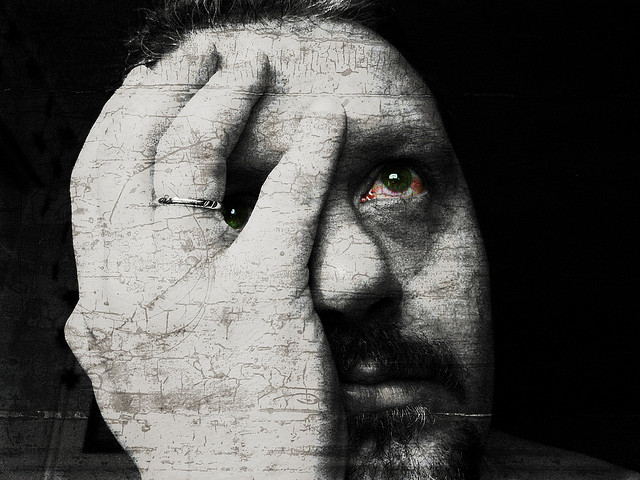According to the United States Social Security Administration (SSA), individuals diagnosed with certain mental disorders are eligible to receive social security disability benefits. For those who suffer with mental health issues, this income can provide a degree of relief in an otherwise difficult situation by aiding the recipient financially while their focus is on treatment. The SSA uses Section 12.00 of their guidelines on mental disorders to evaluate social security disability claims based on mental illness.
Mental Illness Guidelines
According to the SSA’s guidelines, a successful claim filed due to a mental disorder requires specific records/documentation of a “determinable impairment.” In addition to the actual medical records related to the issue, the guidelines also call for an analysis of how the medical issue actually impairs the claimant’s life, particularly in relation to their work ability. The length of time the condition is expected to limit the claimant is also a factor in approving or denying a claim, as the guidelines require that limitations be expected to last for at least twelve months.

The SSA divides the mental health concerns that can be used for a claim into nine categories. Each category comes with “sub factors” that are also part of the application and consideration process.
An attorney can explain specifically how the guidelines may apply in your case. However, a closer look at two common mental health issues triggering disability benefits can help explain the process. Consider depression and bipolar disorder–both of which are included in the subsection on affective disorders.
Depression
Medical professionals describe depression as a unique combination of intense negative emotions–a form of sadness with feelings of hopeless and worthlessness. A key aspect to the problem is the feeling that the negative state will last indefinitely, preventing normal, daily functioning. Under Section 12.04 of the guidelines, to receive benefits for depression, several of the following factors/characteristics must be present:
- Lost interest in daily activities
- Extreme energy depletion
- Trouble eating or sleeping
- Concentration failure
- Inability to perform physical activities
- Helpless and hopeless feelings
- Thoughts about suicide
Bipolar Disorder
Bipolar disorder is also classified as an affective disorder for disability benefit consideration. Usually, to receive benefits, an applicant must experience oscillating emotions of depression and “mania.” An individual seeking social security disability benefits based on a diagnosis of bipolar disorder must also demonstrate a history of episodes that illustrate these oscillating periods of mania and periods of depression.
Additional Requirements
For both depression and bipolar disorder, applicants seeking benefits must also show that the conditions present very real challenges to daily life and normal social functioning. Alternatively, an applicant can show that the condition has led to “episodes of decompensation” which is repeated experiences of worsening symptoms.
An individual who does not meet the requirements outlined above may have additional options in filing for disability based on a mental disorder. For instance, if the individual can show a history of the affective disorder for a period of at least two years that caused a significant limitation in their ability to perform basic work activities, and meet additional requirements, they may still be able to receive benefits.
Social Security Disability Attorney
In order to get the most accurate information regarding your social security disability claim, it is best to consult with an experienced attorney about the facts of your particular case. The attorneys at Hoffman, Larin & Agnetti, P.A. have been handling social security cases for a number of years, and have the skill and experience to expertly handle your case as well. Contact us today to schedule a consultation. Our offices are located in Dade, Broward, and Monroe Counties.



